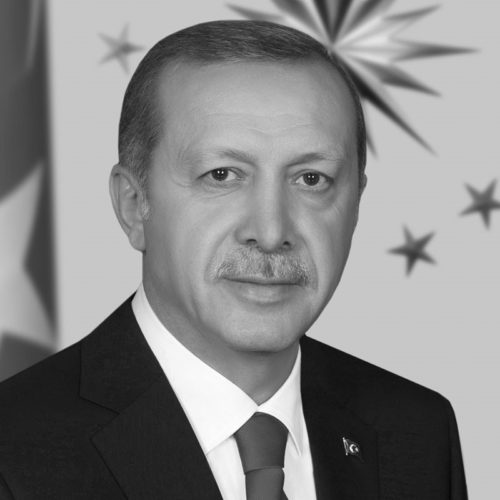In the past decades, globalisation has been presented to the world as an indisputable fact, to which all international and national institutions were called to adapt themselves. The discourse on globalisation has, for several decades, built the image of a mighty political, economic and technological behemoth that sways states and societies. With the transition to the new millennium, this debate has shifted. Political, economic, and social detractors of globalisation around the world have become more vocal. A vital aspect of the emerging debate is the lack of representation in the institutions that govern the world order. To illustrate this point, the United Nations was established almost 75 years ago on the basis it would end wars and solve conflicts. However, five countries, which claimed victory in the Second World War, gave themselves veto powers over the rest of the world. This step weakened the role of this leading world organisation, as a privileged few tended to impede equitable solutions to conflicts. Similar patterns can also be observed in other supranational institutions, especially the ones governing trade and international commerce. While the concept of free trade is accepted practically unanimously around the world, new regulations and trade barriers are introduced all the time, which impede the growth of emerging economies. However, since every cloud has a silver lining, the present situation could represent a tremendous opportunity to address the inequalities affecting the world order.
